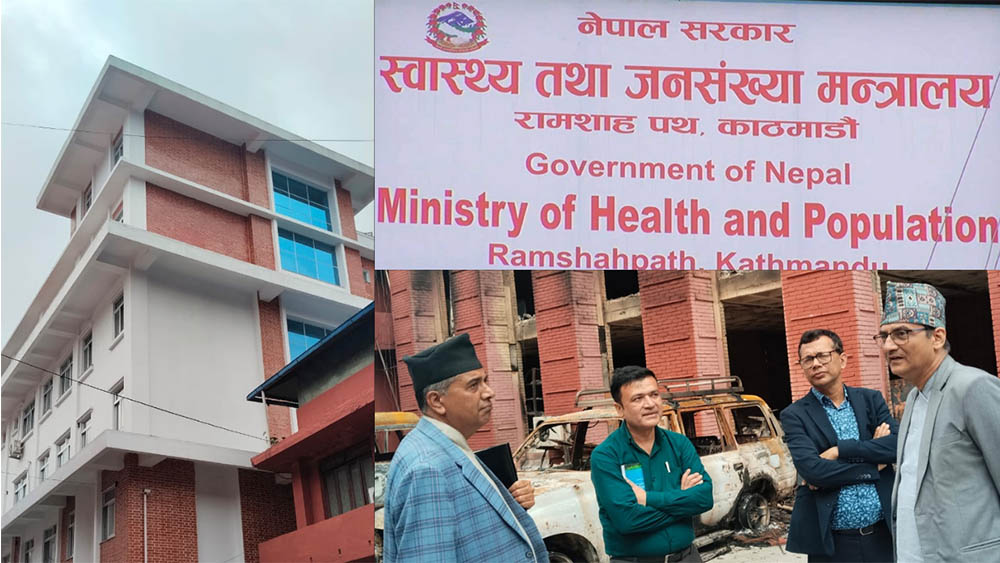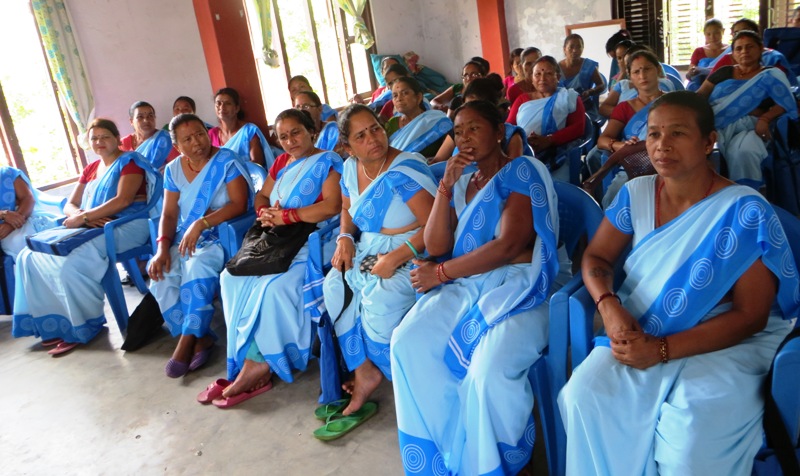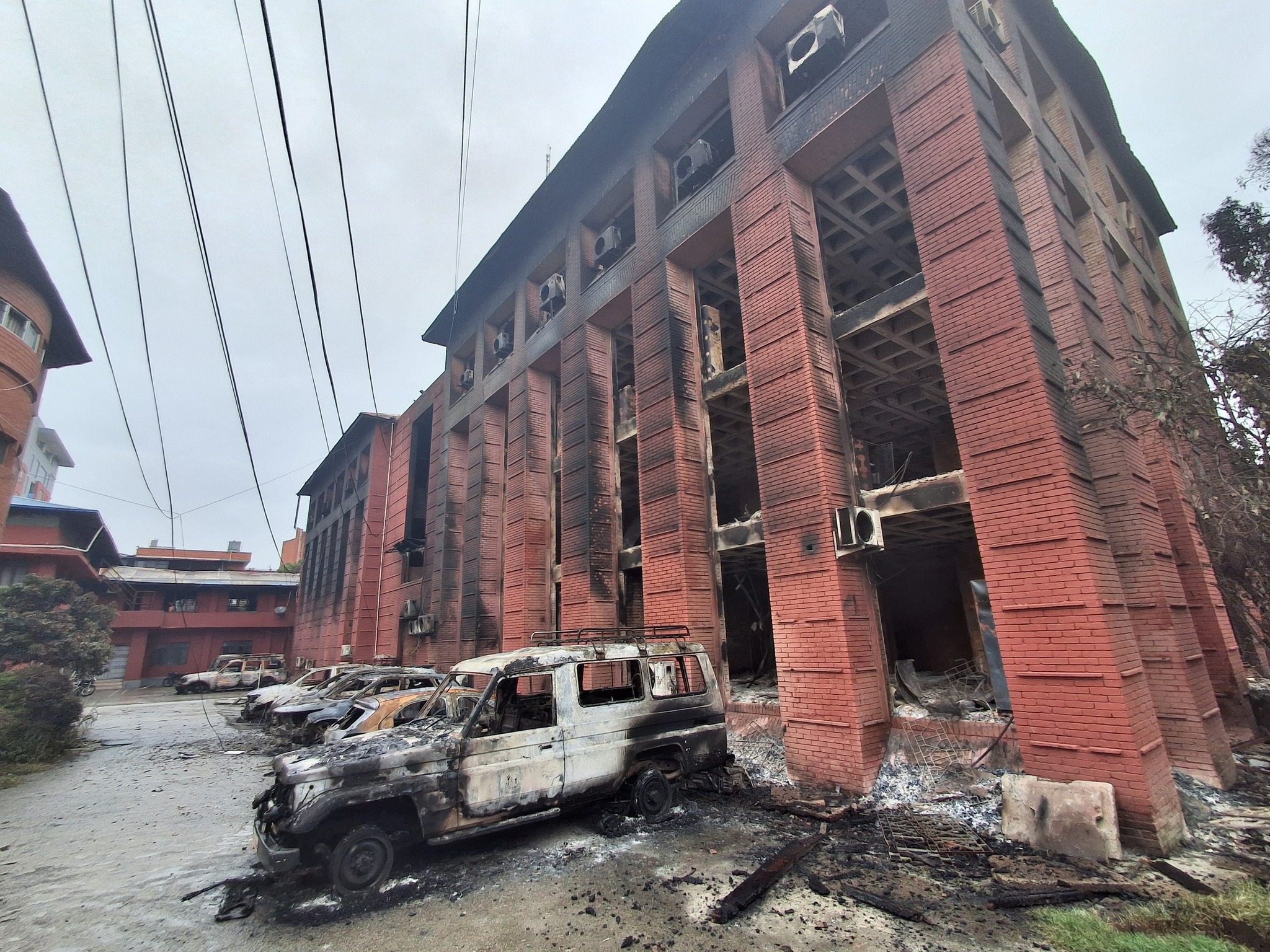
Nepal’s economy is deeply rooted in agriculture, with over 60% of the population engaged in farming. However, this vital sector is increasingly under threat due to the widespread and often unsafe use of chemical pesticides. A recent End Line Survey conducted in Chitwan District sheds light on the critical issue of pesticide misuse, revealing both environmental and health hazards.
Pesticides: A Blessing or a Curse?
Since their introduction in 1952 for malaria control, chemical pesticides have become an integral part of agricultural practices in Nepal. However, their usage has been rising at an alarming rate of 10–12% per year.
The survey, conducted among 826 farmers in Chitwan, found that while 91.04% were aware of the rational use of pesticides, only 26.52% could understand label information, and merely 8% were familiar with banned pesticides.

Despite recognizing health risks, such as skin irritation (83.17%) and respiratory problems (51.21%), many farmers continue to handle pesticides improperly. Environmental concerns are also significant: 64.41% of farmers acknowledged that pesticides contribute to soil degradation, and 68.4% recognized their role in polluting water sources. However, only 75.34% disposed of pesticide containers responsibly through municipal waste services, indicating widespread improper disposal practices.
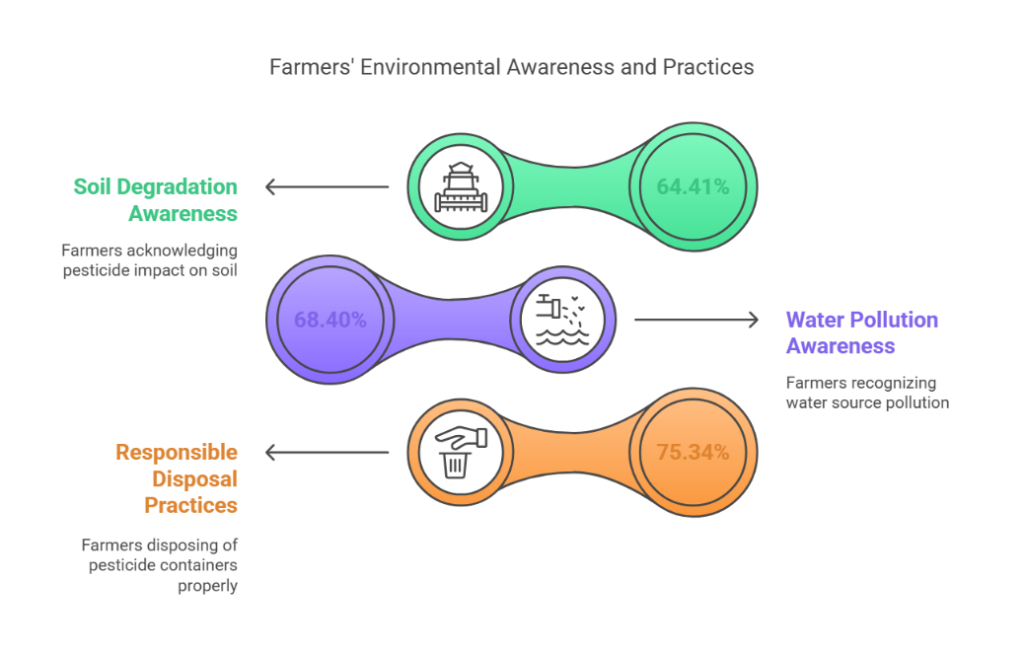
The Health and Environmental Toll
Pesticide exposure has both short-term and long-term health implications. The study found that 62.29% of farmers reported dizziness or headaches, and 61.28% suffered from skin irritation. Long-term exposure was linked to chronic illnesses, including cancer (2.12% of surveyed families), reproductive dysfunction (1.37%), and neurological issues (1.62%).
Alarmingly, 87.17% of surveyed farmers had never received training in Integrated Pest Management (IPM), and only 34.38% actively practiced IPM or organic farming.

Bridging the Gap: Awareness vs. Action
The study revealed a concerning gap between awareness and actual practice. While 94.07% of farmers understood the importance of wearing masks when handling pesticides, only 73.35% reported using personal protective equipment (PPE) regularly. Moreover, although 91.04% were aware of the required waiting period before harvesting pesticide-treated crops, adherence to safety protocols remained inconsistent.
Encouragingly, many farmers expressed a willingness to adopt safer practices. About 73.24% believed organic farming could reduce pesticide dependency, and 68.82% of those not currently practicing IPM expressed strong interest in learning and implementing it.
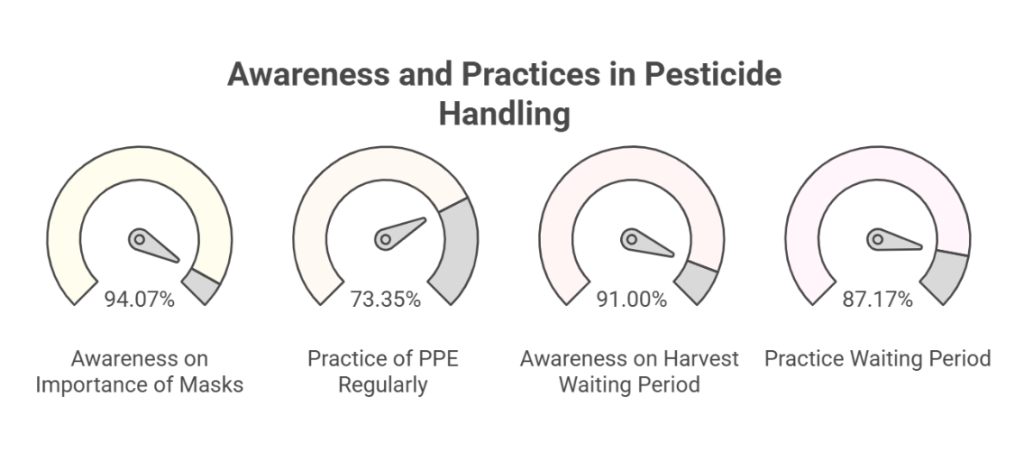
Conclusion
While pesticides remain a crucial tool in agriculture, their misuse poses serious risks to both human health and the environment. The Chitwan study highlights an urgent need to close the gap between knowledge and practice. Strengthening IPM training, enforcing pesticide regulations, promoting organic farming, and educating both farmers and retailers are essential steps toward safer and more sustainable agricultural practices. Immediate and collective action is vital to protect farmers’ health and secure Nepal’s agricultural future.
swasthyaadmin
Published: May 26, 2025


